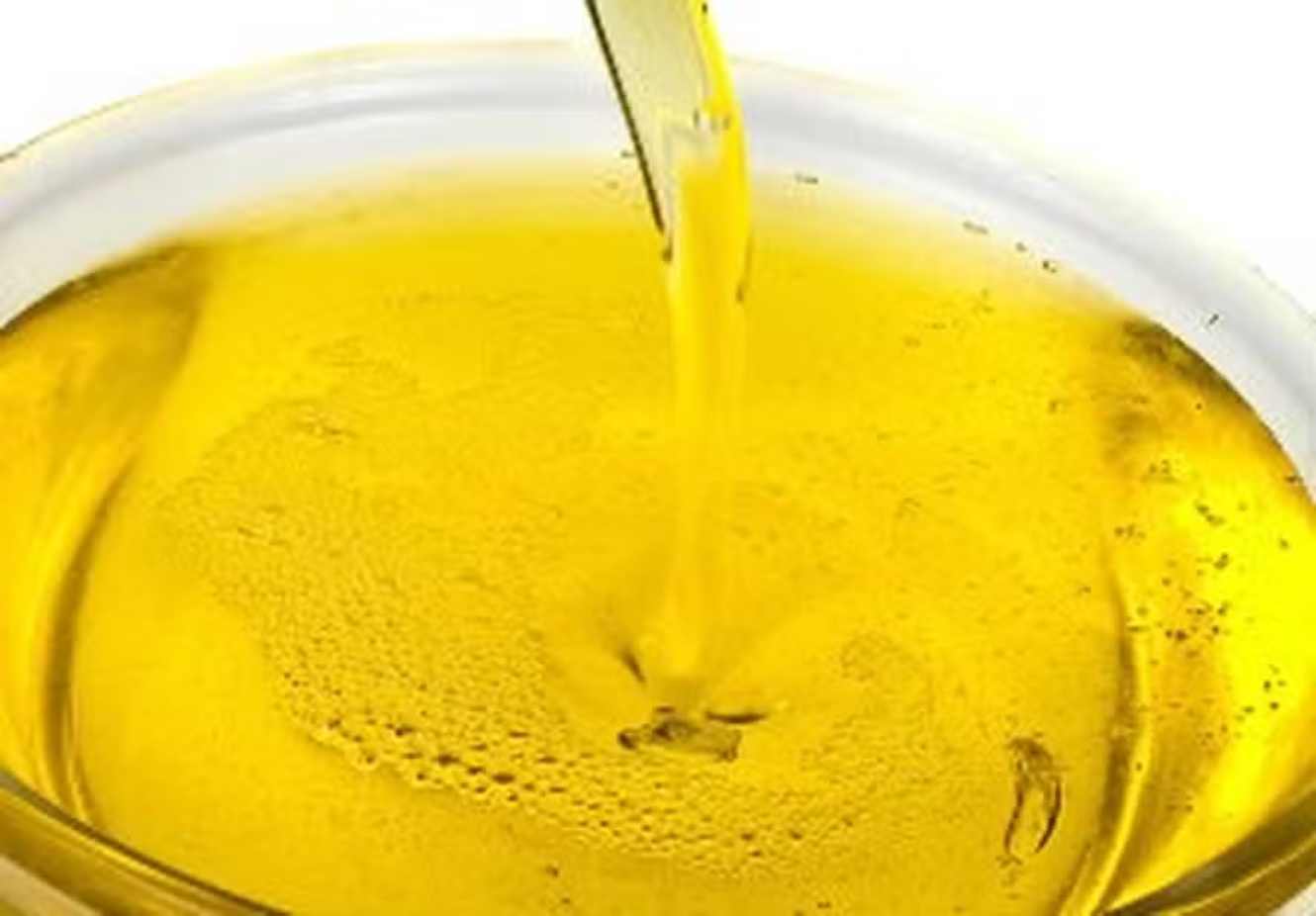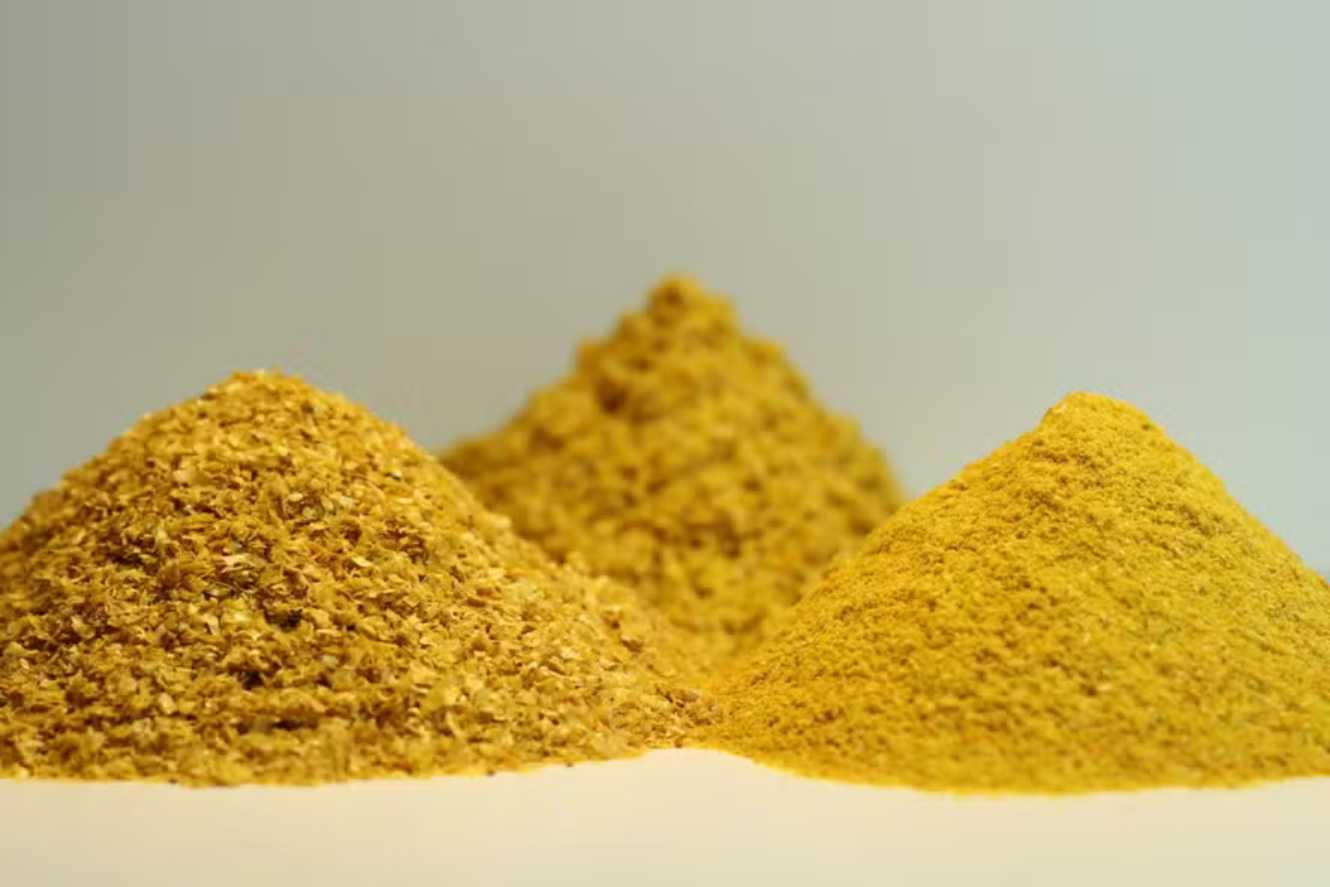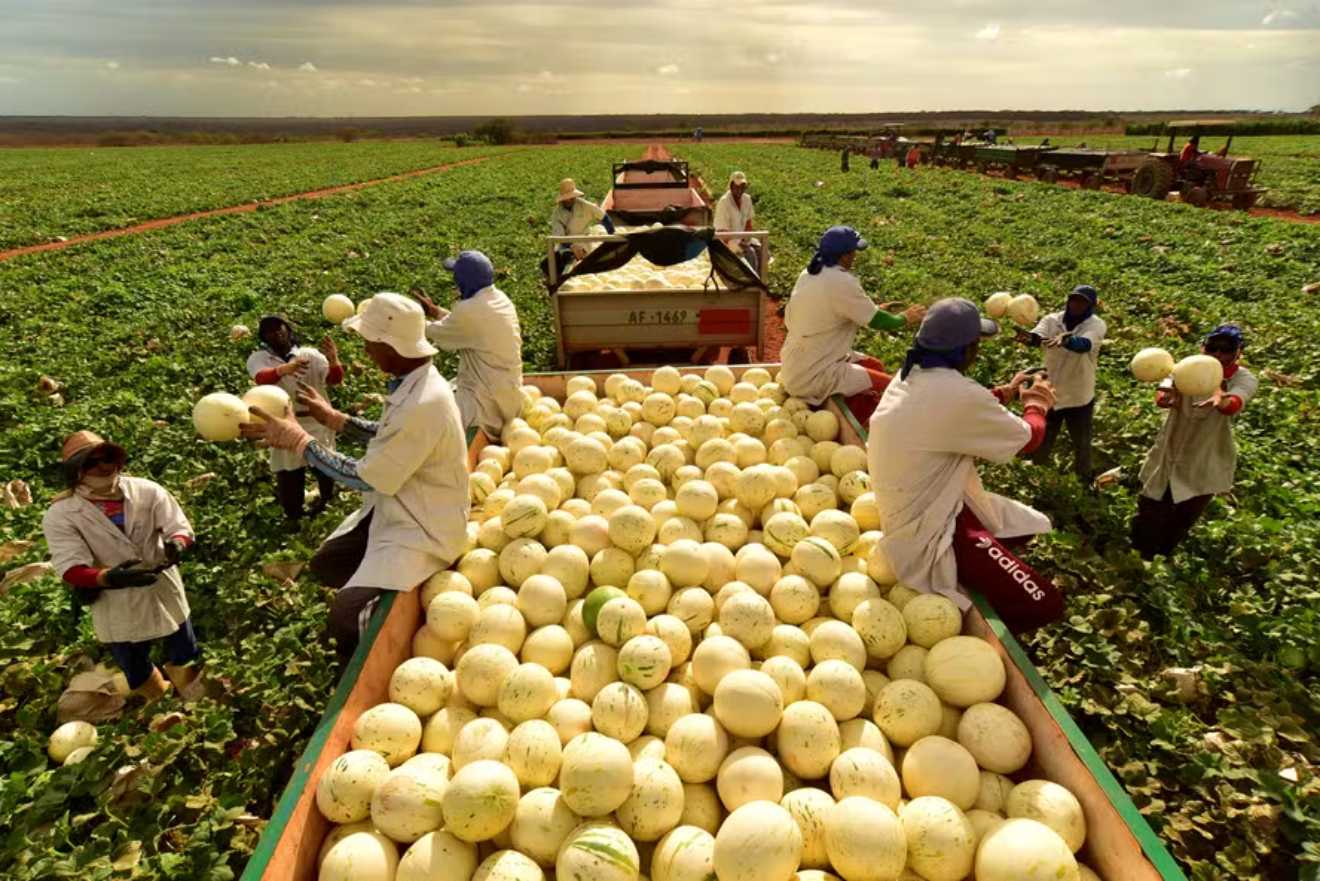Representatives of the Supply Chain Try to Convince Senate to Reverse a Change in the Bill that Increases Taxes on Some Edible Oils
Representatives of the vegetable oil production chain are trying to convince the Senate to reverse a change in the scope of the Tax Reform, which increases the tax burden on certain edible oils. The Complementary Law Project 68/2024, which establishes the Goods and Services Tax (IBS), the Social Contribution on Goods and Services (CBS), and the Selective Tax (IS), initially defined a zero rate for basic food items, including “edible vegetable oils.” The text was changed in the Chamber of Deputies to include only soybean, babaçu, and corn oils.
As a result of this change, other vegetable oils, such as cotton, sunflower, canola, and palm oils, no longer receive the benefits granted to basic food products. Vegetable oil producers are now trying to convince senators to include an amendment in PLP 68/2024, restoring the term “edible vegetable oils.” They argue that the new rule creates market distortions by offering tax incentives only to certain types of oils.
PLP 68/2024 has already been approved by the Chamber of Deputies and now requires Senate approval. Last week, the bill passed through the Senate’s Constitution, Justice, and Citizenship Commission, which has started incorporating proposed amendments before the bill goes for a vote. Amendments requesting the return of the original term were presented by Senators Luis Carlos Heinze (PP-RS), Mecias de Jesus (Republicanos-RR), and Zequinha Marinho (Podemos-PA).
“The PLP 68/2024 left out other vegetable oils that are just as important as soybean oil, and they will become much more expensive due to this change,” said Hilton Lima, president of the Oil Extraction Industry Union of Bahia (Sincaol).
Lima argues that the federal government is concerned that including more exempt products would push the final tax rate above 26.5%, but he believes that there will be no such effect. “Including these oils won’t change the final rate because it’s an inelastic market. People either buy soybean oil, sunflower oil, or cotton oil. It won’t increase consumption, so the exemption won’t affect tax revenue,” he states.
The Ministry of Finance has argued that only soybean oil meets two criteria for qualifying for the zero tax rate: it is included in the Ministry of Health’s guide for healthy eating, and it is mainly consumed by the poor.
“When we’re in a position to achieve tax reform, and we should be fighting for simpler legislation, they start adding ‘jabuticabas’ (unnecessary items) to the law,” criticizes Ricardo Kawabe, an economist from the Federation of Industries of the State of Bahia (Fieb). He says taxation should not influence consumer choices.
According to a survey by Fieb, soybean oil is sold at half the price of other vegetable oils. In Bahia, a liter of soybean oil is priced at R$ 6.89, compared to R$ 21.30 for sunflower oil, R$ 19.80 for canola, R$ 19.90 for corn, R$ 16.60 for cotton, and R$ 41 for palm oil. “There is no technical reason to treat each oil differently.”
Décio Barreiro Junior, owner of Icofort Agroindústria, says the change surprised the cotton oil processing industries. “Several companies produce cotton oil for the basic food basket, and we were very surprised by the change,” he says.
He criticizes the inclusion of only corn oil, which costs more than double the price of soybean oil for the consumer, and babaçu oil, which is not sold in retail for food consumption.
“Our expectation is that justice will be done and that Congress will have the good sense not to impose on the population only one more expensive oil and another that doesn’t even exist in supermarkets as an alternative to soybean oil,” he adds. Icofort is one of the largest suppliers of cotton oil for the domestic market, alongside Cargill and Bunge.
Dalton Cordeiro Miranda, legal affairs director at the Brazilian Association of Vegetable Oil Industries (Abiove), says the change made in the Chamber raised concerns even among industries producing soybean oil. “Decree No. 11.936 (which outlines the items in the national basic food basket) already included all edible vegetable oils. Based on the government’s understanding, we expected all oils to be included in the tax reform,” he says.
Abiove has been working with the Parliamentary Front for Agriculture (FPA) to try to reverse the change in the Senate.





